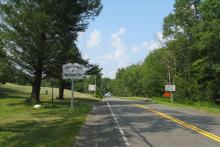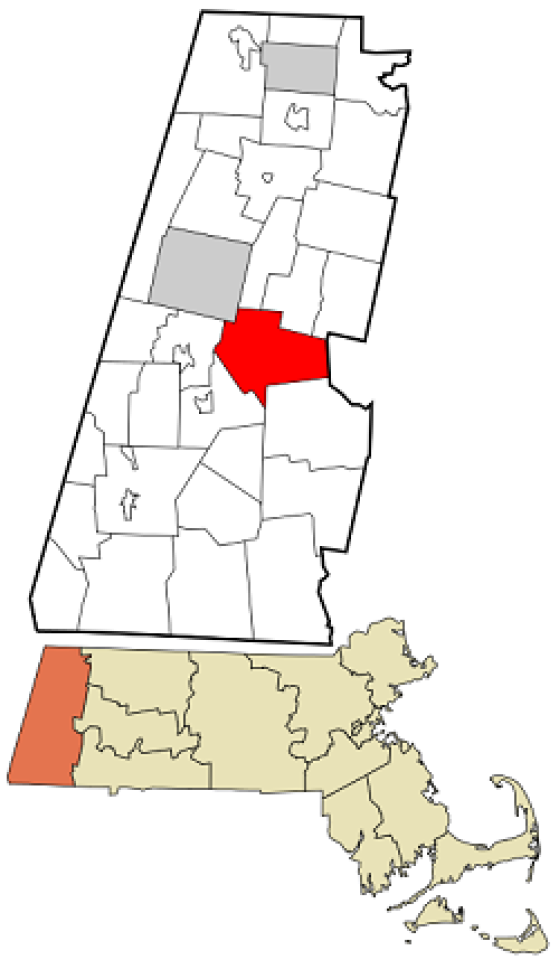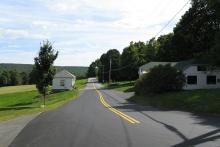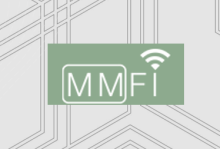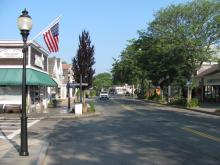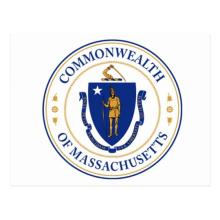California Governor Proposes $7 Billion Investment in Statewide Middle-Mile, Open Access Fiber Network
In his $100 billion “California Comeback Plan”, California Gov. Gavin Newsom is proposing to devote $7 billion to invest in expanding broadband access over the next three years, with $4 billion of that to be used for constructing a statewide middle-mile, open access fiber network.
The $7 billion earmarked for broadband in the budget proposal, referred to as the “May Revision” [pdf], specifically includes:
$4 billion for a statewide middle-mile, open access fiber network to connect Census Designated Places (CDP) which lack access to broadband service capable of providing 100 Megabit per second (Mbps) downstream
$500 million for a Loan Loss Reserve Account, a public financing program to assist local governments, Tribes, and nonprofits financing new municipal fiber networks
$500 million for one-time payments to broadband providers serving rural areas where it is more costly to build community networks
$2 billion for the California Advanced Services Fund (CASF) to incent existing and new Internet Service Providers to build last-mile infrastructure
Gov. Newsom’s infrastructure plan now heads to the State Legislature, where it must be voted on by June 15.
Newsom’s plan is to allocate this funding over a period of several years, allotting $2 billion of federal Rescue Plan funds in Fiscal Year 2021-22, and $1.5 billion in state General Fund resources combined with $3.5 billion in Rescue Plans funds in Fiscal Year 2022-23. To fund the overall $100 billion budget proposal, if passed, the state would combine a total of $25 billion in federal relief funding with $75.7 billion from the state’s budget surplus.
“Let’s get this done once and for all, so that no future administration is talking about the scourge of the digital divide,” said Gov. Newsom, in a press conference on Friday. “This is what the federal stimulus from my perspective was all about: catalytic investments to make generational change. This is one of those investments.”
Newsom’s Plan Provides Technical Assistance Teams and Loans for Communities



